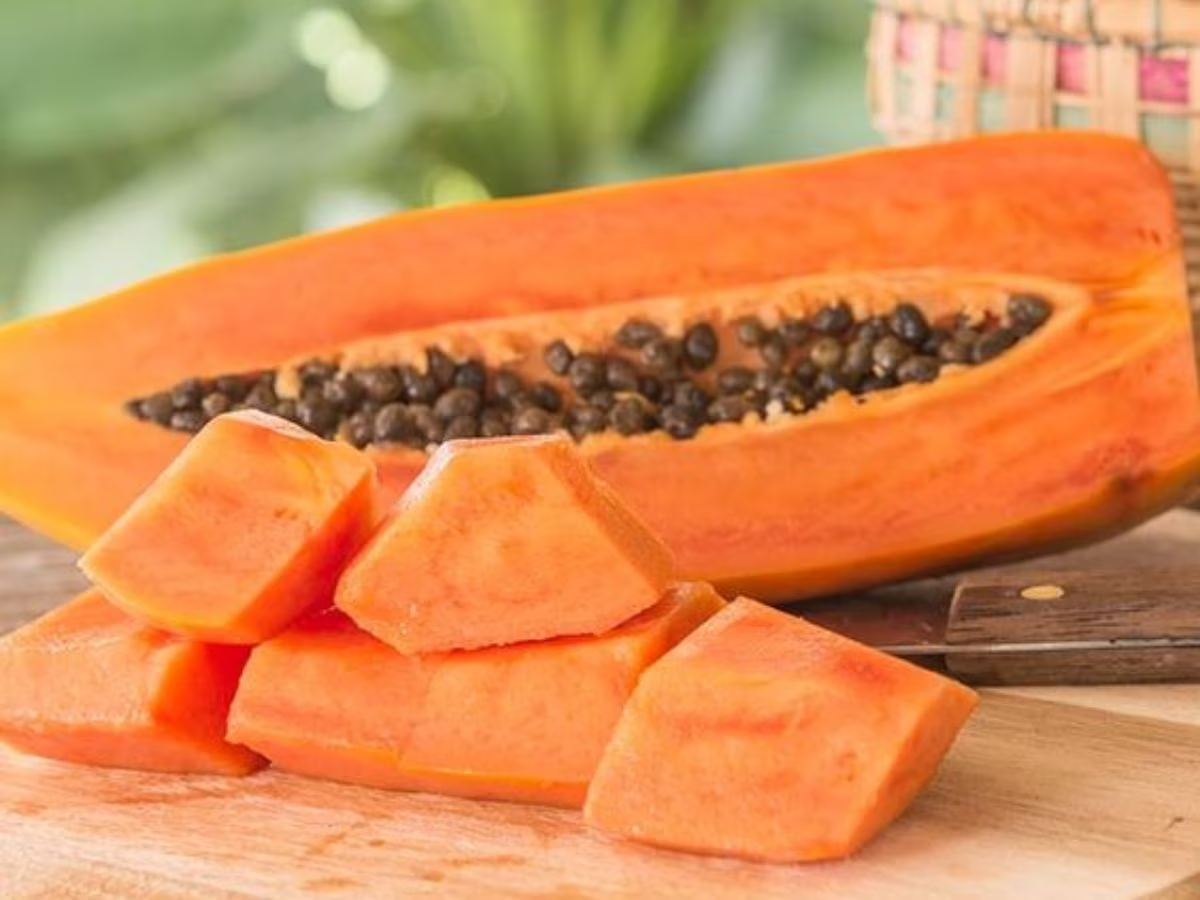Now a new scam has surfaced on WhatsApp. WhatsApp users are being implicated in a phishing scam on Father's Day through a message. Let's know about it...

This is the most popular app when it comes to social messaging platforms. Due to the great features, people use WhatsApp more. But many scams are also done from this. Now a new scam (WhatsApp New Scam) has surfaced. WhatsApp users are being implicated in a phishing scam on Father's Day through a message. According to the message, people are being given a chance to win free beer carats. The viral message claims that Heineken is giving away '5,000 coolers full of beer for your father' to the winners of the Beer Father's Day Contest 2022. If you have also received this message, then be alert. Let us tell you what is this scam...
the message is going viral

The message shows a picture showing a carat of Heineken beer and a link to the website to participate in the contest. Clicking on the link takes users to a dangerous phishing page that steals personal information and account credentials. The WhatsApp phishing scam has been reported by Online ThreatsAlerts, an internet scam tracking website. Who has also warned people not to fall into such traps?
What did the company say?
Heineken has also said in the statement that this contest is a scam on Twitter. The company said, 'This is a scam. Thanks for revealing this to us. Please do not click on links or forward any messages. thanks a lot.'
This scam is trapping the users like this

Users are receiving a WhatsApp message that claims to give 5000 Heineken-filled coolers to the winners of the Heineken Beer Father's Day Contest 2022. Upon clicking the link, users are taken to a malicious website that not only steals personal information and account credentials but also tricks them into signing up for unwanted services.
Users who click on the link are also asked to share the contest with up to 20 contacts, so if you receive such a message from any of your contacts, don't open it. This is not the first time Heineken's name has been used in this way. This is a scam to trap the users. Earlier in 2018 as well as in 2020, a similar message was shared widely on WhatsApp. Not only on WhatsApp but these scam messages are also made viral through Twitter and Facebook.










